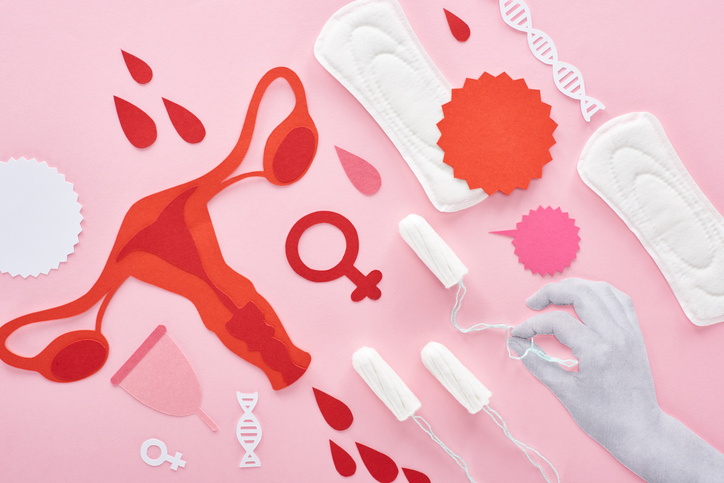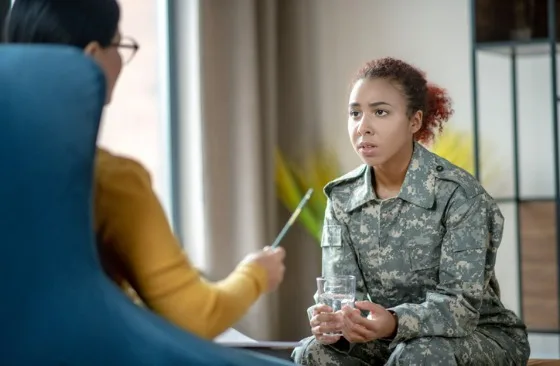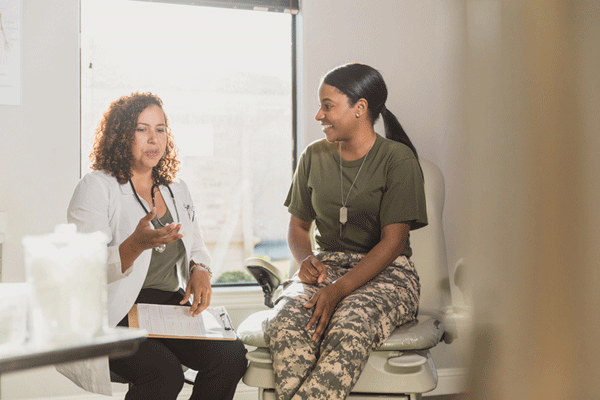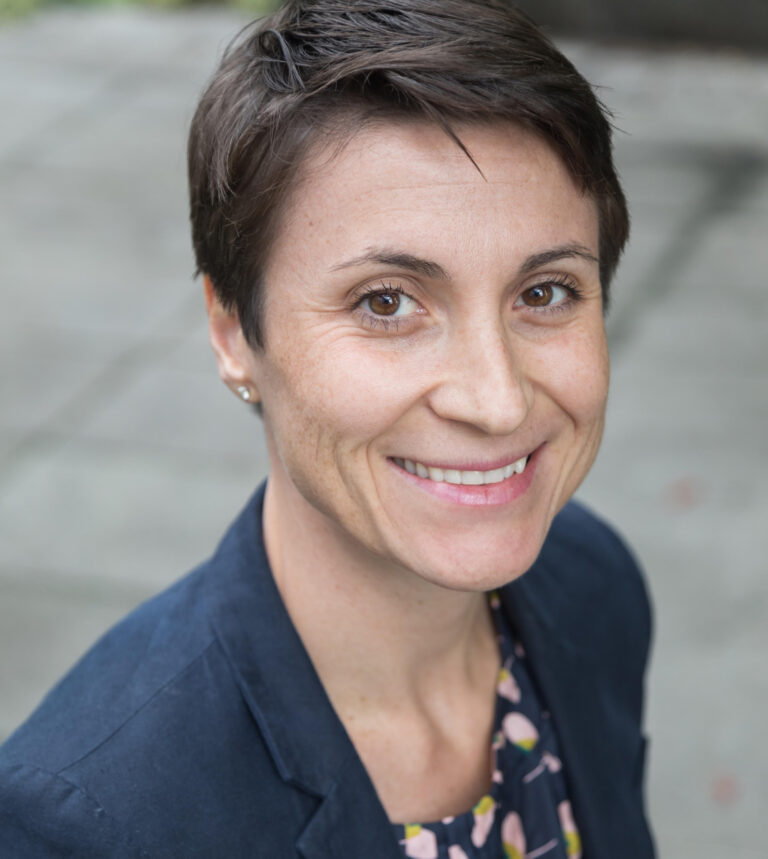I couldn’t wait to talk to Rachel Neve Midbar about her new book. The poet is co-editing the Aunt Flo Project, an anthology of writing about “any aspect of the menstrual experience from the emotional to the physical.” Rachel and her collaborator are collecting period stories, including “first periods, last periods, menstruating while trans, late periods, great periods, period shame, period pride.”
Rachel’s own story of transformation is what catalyzed this project. For 30 years, she was an Orthodox Jewish woman living in Israel. She raised six children, survived an abusive marriage, and eventually left that community for Southern California. Now at age 57, she’s a Ph.D. candidate, writing her dissertation on menstruation and shame in literature.
HealthyWomen: What was your experience of Orthodox Judaism?
Rachel Neve Midbar: I grew up on the East Coast and went to Israel when I was 19. I did not grow up Orthodox. I tried to recreate myself in my husband’s family’s idea of what an Orthodox woman should be. It was very hard for me to find my own voice.
I married a man whose mother was a closed, uptight woman. When we first met and I was staying at her home, she saw that I was menstruating. She showed me that she’d cut up some newspaper and put it under the bathroom sink. I was supposed to put my — whatever I deposited — into a piece of newspaper and crush it up, so nobody would know what was in the garbage can.
HealthyWomen: What were the community’s rules around menstruation?
Rachel Neve-Midbar: When you menstruate as an Orthodox Jewish woman, you become untouchable to your husband. Every month, the couple separates completely: You don’t sit on the same cushion, you don’t sleep in the same bed, you can’t even pass him a salt shaker. You count the days of your period. Then you check yourself over the next week — there’s a little procedure with a white cloth to ensure there’s absolutely no blood. When you’re totally clean, you go in the evening to the ritual bath, the mikvah.
Family purity laws are biblical. They come out of the idea that when you touch something that has died, you have to then become ritually clean. [Because] the egg has died every month, you’ve come in contact with something that has died. So it’s not that a woman is dirty — or at least that’s what we tell ourselves as Orthodox women.
HealthyWomen: What about unmarried women?
Rachel Neve-Midbar: Different communities have different rules, but an unmarried woman is not considered untouchable. I accepted my husband’s Orthodoxy when we met, and there were many things I loved about it. I loved the mikvah. There are beautiful bathrooms for each woman. Fresh towels, a robe, shampoo, slippers, anything you could possibly need.
HealthyWomen: It sounds like a spa.
Rachel Neve-Midbar: Yes, it’s a spa atmosphere. You go in and you take a bath, but it’s not like any bath. The idea is there’s nothing between you and this beautiful, holy water. A mikvah is fresh water. It has to be caught on the roof in a certain way, flow down into the bath in a certain way, so it retains the essence of a natural body of water.
Every single hair on your head is supposed to go under this water. Usually you go under three times and say a blessing. And you come out with a spiritual renewal that I haven’t experienced anywhere else.
HealthyWomen: What’s the origin of the Aunt Flo project?
Rachel Neve-Midbar: In graduate school, I wrote a long essay about my life as a menstruating woman. Through my research, I understood that 51% of all people in the world menstruate every single month, and yet it’s this big secret we’re not allowed to talk about. It’s considered embarrassing, and it’s been used as a weapon against us. You hide yourself, wrap what comes out of you in pieces of newspaper, and don’t let anybody see.
So I felt that it was necessary to talk about what’s happening right now. We just had #MeToo, we’re in a new phase of our feminism. Why are we still functioning under this heavy umbrella of shame?
HealthyWomen: How do your daughters feel about menstruation?
Rachel Neve-Midbar: My daughters use natural family planning. They’re using menstrual cups; their lives are much more organic and healthy. I’ve tried to raise them to have self confidence, to love their bodies. Once they called me when they were on a kibbutz somewhere and said, “Everyone in our group is taking the blood from our cups and putting it in the organic garden.” And I was like, Whoa!
HealthyWomen: I love that. And look at the activism of the younger generation advocating for menstrual equity. There are young women in college and high school who’ve started a menstrual movement.
Rachel Neve-Midbar: Yes, we need to ask why the cost of period products is so high. I’d love to get a story about incarcerated women. When you’re admitted to prison, you’re handed toilet paper but not a box of tampons. This isn’t something outside of our human function, it’s integral to who we are as human animals. It’s the basis from which we all come. I think there’s a fear of blood and how it relates to death. But our blood relates to life. This is the life force.
HealthyWomen: I’m inspired by your project’s inclusive call for submissions. Why is it vital to include a range of perspectives?
Rachel Neve-Midbar: I’m hoping this anthology will give us a clear picture of who we are today, and I can’t do that unless I hear from women from all walks of life. We haven’t gotten much yet from the LGBTQ community. I’d love to get a piece about what it’s like to menstruate during Ramadan. I’d love to hear from more young women. Our submissions are still open.















